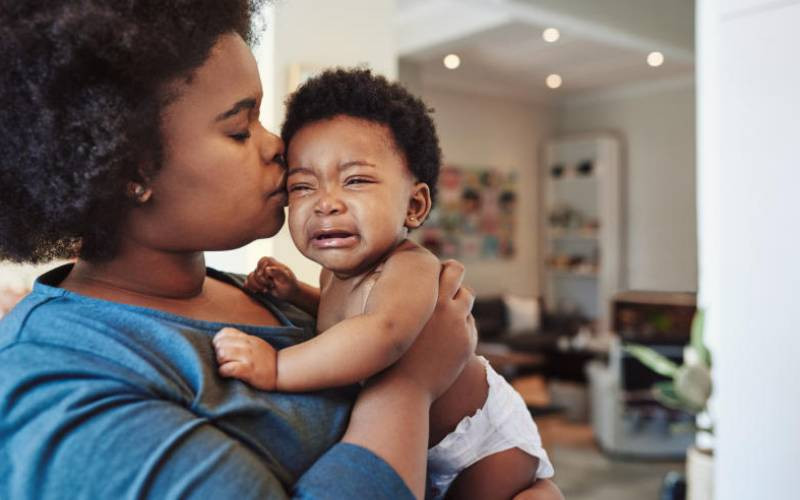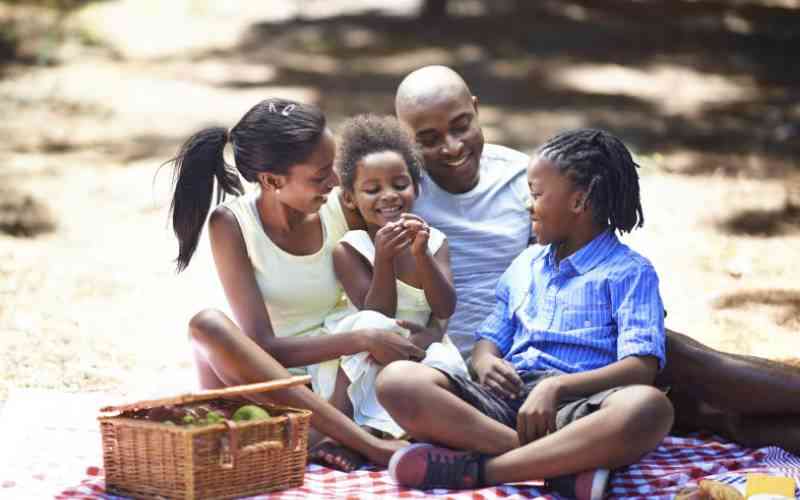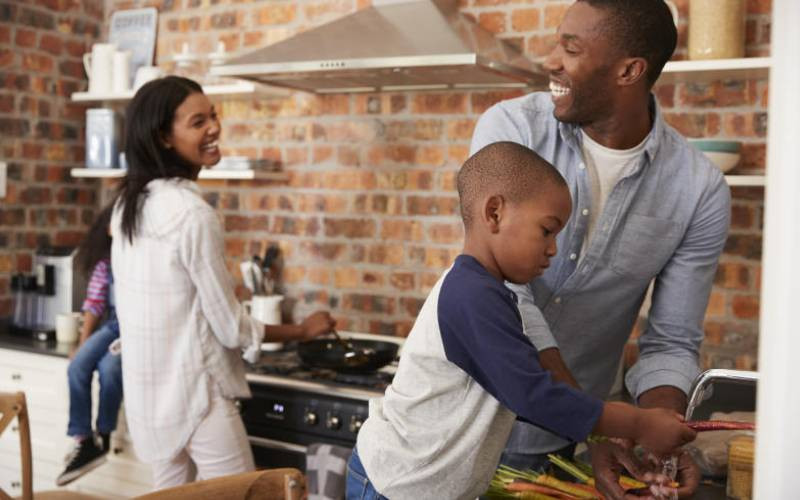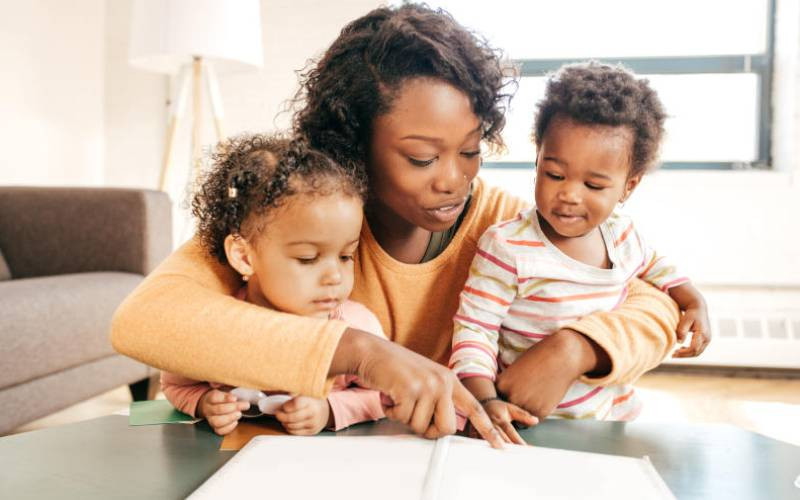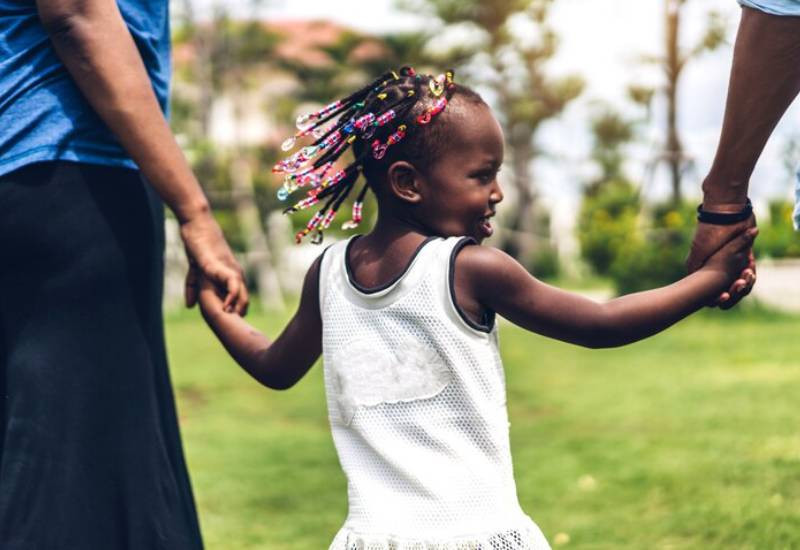
Unless you live in a cave, you know how crazy the world is getting and the fast rate at which sexualisation is taking place.
While you may have some control over what you expose yourself to, what about your children? Do they know that an inappropriate touch is a form of molestation? Do they know what sexual abuse is?
Kids are curious about sex, so curious if you’re not careful they will turn to Google to get answers to their questions. However, it is pertinent that these lessons come from you as a parent, an authority they can trust rather, than from their peers or worse from the internet.
If you have been struggling with how you will have the talk on the birds and bees with your ten-year-old, here are some tips on how to go about it.
1. Do your research
Take time to find out what your children are exposed to. Understand that times have changed and your children are exposed to more things than you were. Of course, you may not be able to find out everything but it is better to do a bit of research. Find out if there are any assistive videos and materials that are available to make the process more effective. This also boosts your confidence before you have the talk because you will be able to have it from a more informed point of view. It’s also crucial to find out what they know about sex so that you can correct any misinformation.

2. The earlier the better
Children grow so fast and before you know it, they are off to college. As they grow up, give them lessons that they can understand like teaching your five-year-old not to speak to strangers or allow anybody to touch them. As they get older, make the lessons more elaborate incorporating information that you know they’ll find useful as they become more aware of the world.
- In need of sexual healing? Let's ask the experts
Keep Reading
3. Approach is everything
Having the talk can be nerve-wracking for both the parent and the child. Finding out that your teen has already had sex can be a shock and may trigger emotions such anger. You might be tempted to yell at them and be judgmental but, take a deep breath and relax. You want your son or daughter to trust you and confide in you so being angry will only push them away. Try your best to be calm. Ensure your child knows that if they have any questions, they can always come to you.
4. Honesty
Honesty will break the barriers when it comes to the talk. Be vulnerable, communicate freely and encourage them to do so as well. Educate them not only on what sex is but also on other areas that revolve around the topic. Talk to them about masturbation, diseases and risks, pornography, consensual versus non-consensual sex, proper hygiene practices and the importance of condoms. Gauge your child according to their age and what they already know and this will guide you on what topics to start with as they develop.

5. Get some help
It is understandable that giving the talk is a little difficult. You can get someone you fully trust to assist in giving your child the talk instead of ignoring it altogether. Your child might also feel more comfortable and willing to listen to their older siblings or cousins as compared to their parents. They may be more open to asking questions and open up on what they already know about sex so use the people around you to help educate them.
6. Don’t go overboard
Remember that you are their parent first and foremost before being their friend. Create respect and boundaries with your child by encouraging the right behaviour and trust that they will make the right choices in life.
 The Standard Group Plc is a multi-media organization with investments in media platforms spanning newspaper print
operations, television, radio broadcasting, digital and online services. The Standard Group is recognized as a
leading multi-media house in Kenya with a key influence in matters of national and international interest.
The Standard Group Plc is a multi-media organization with investments in media platforms spanning newspaper print
operations, television, radio broadcasting, digital and online services. The Standard Group is recognized as a
leading multi-media house in Kenya with a key influence in matters of national and international interest.



